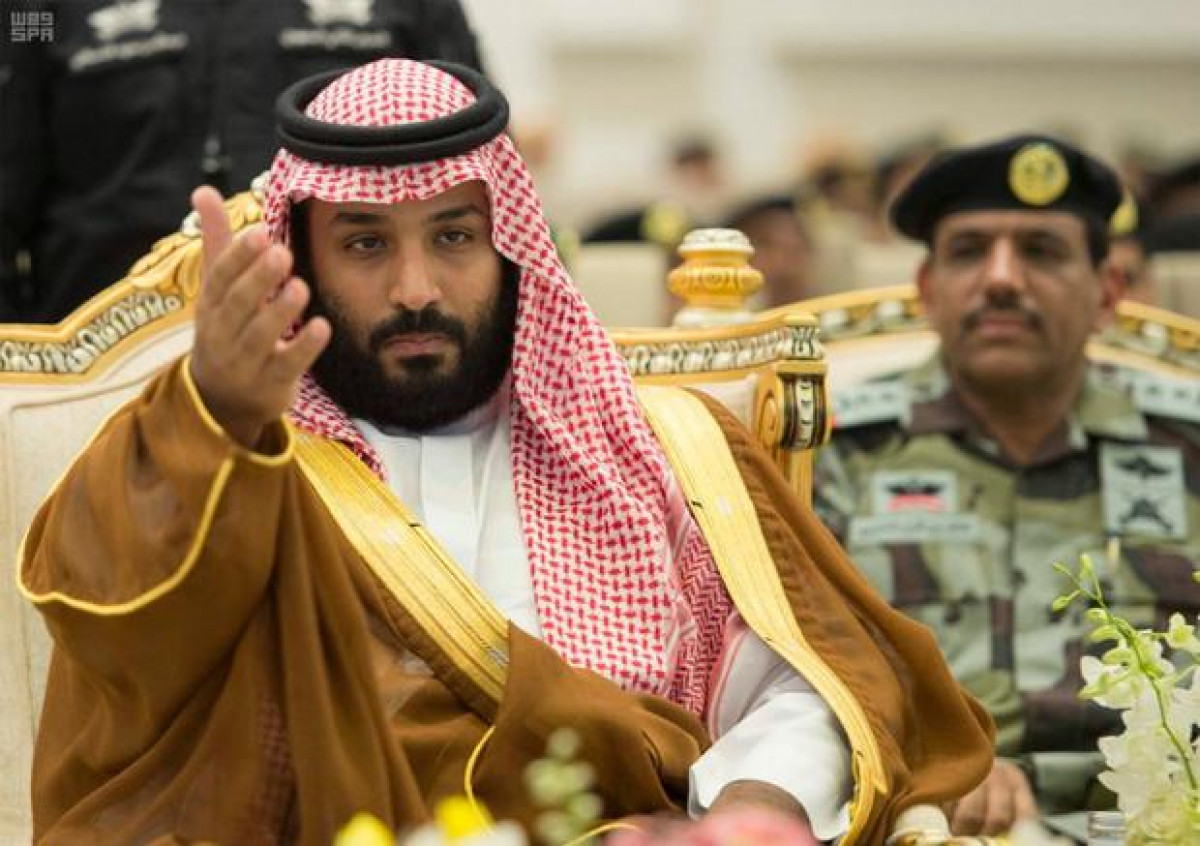 126
126
One of the most significant predicaments in today’s world is the systemic violation of human rights by various governments worldwide against ethnic and religious minorities. The name of the Saudi government comes to mind when it comes to state-led human rights violations, as Riyadh has notoriously violated human rights in various ways. Saudi Arabia has a long history of human rights abuses resulting from interfering directly or indirectly in the region’s armed conflicts in recent years, especially in Bahrain, Yemen, Iraq, and Syria. The degree to which Saudi people are alienated from their inalienable rights is manifested in the political structure of the oil-rich kingdom. Saudi Arabia, the Kingdom of Sands and Blood, has no political establishment because the Saudi government does not trust its people. The Saudis have no say about who becomes the country’s ruler; the majority of them live in poverty, are unemployed, and face social injustice, whereas the prodigal royal family and a slew of princes enjoy luxurious lives. In Saudi Arabia, Bedouins are an ethnic group that faces widespread discrimination. The government does not employ them, and their financial activities in the private sector are highly restricted.
Moreover, Bedouins have difficulty getting married because their marriage licenses require special permission from the Saudi Ministry of Interior, which is not required for regular citizens. Since government hospitals refuse to admit Bedouins, their birth certificates are not registered. Since the regime refuses to issue them visas, they are unable to resume their higher education abroad. They are even unable to enroll their children in kindergarten or school. In 2017, the Kingdom of Saudi Arabia ranked 141 out of 144 countries regarding women’s rights, according to a new report on gender disparities. Saudi women have an unsatisfactory position in terms of equitable work conditions and welfare. Due to significant gender disparities, female job seekers in Saudi Arabia account for just 13% of the workforce. The nature of political power in Saudi Arabia has caused a significant schism between the Saudi people and the Al Saud dynasty and the emergence of opposition movements, and widespread criticism of the Saudi rulers.
On the other hand, the House of Saud sees no need to listen to even peaceful civil movements against the kingdom’s closed and violent political establishment. Another factor to remember is that the Saudi government is more interested in specific regions than others, the most prominent of the country’s eastern regions. The fact that Shias account for 10% to 15% of the Saudi population and live mainly in the Sharqiya Governorate, where they are subjected to systematic persecution by the government, is the key explanation for Riyadh’s heavy-handed tactics against the local civil activists. The following are some of the House of Saud’s most heinous acts of brutality and human rights abuses in recent years: On January 2, 2016, Sheikh Nimr, a Shiite Saudi cleric, was executed and martyred based on the Saudi regime’s false accusations. On Mohammed bin Salman’s direct orders, “Jamal Khashoggi,” a Saudi renowned journalist and critic, was brutally murdered in the Saudi consulate in Istanbul in October 2018. In 2011, the Saudi government executed 37 people, including six teenagers, for participating in a peaceful protest against the regime. On September 24, 2019, 47 Saudi detainees, including 12 females, were executed. According to the European-Saudi Organization for Human Rights, 164 people have been executed in Saudi Arabia since October 2019. “Hussein Abdul Aziz Al Rab,” a Shiite political prisoner from Qatif, was martyred in the infamous “Mabahith” jail in western Saudi Arabia on October 12, 2019. In a statement published recently on its website, the Saudi Sanad Organization for Human Rights said that the Saudi prison system is in utter contrast with the United Nations regulations, accusing it of mistreating and torturing detainees. A Scottish lawyer recently claimed that Saudi prison officers sexually harassed jailed women’s rights activists. According to the Daily Mail, the regime’s interrogators gave electric shocks to the inmates by hanging them from the ceiling after forcing them to engage in unethical conduct, such as viewing pornographic movies and then beating them and threatening them with rape.
Comment
Post a comment for this article